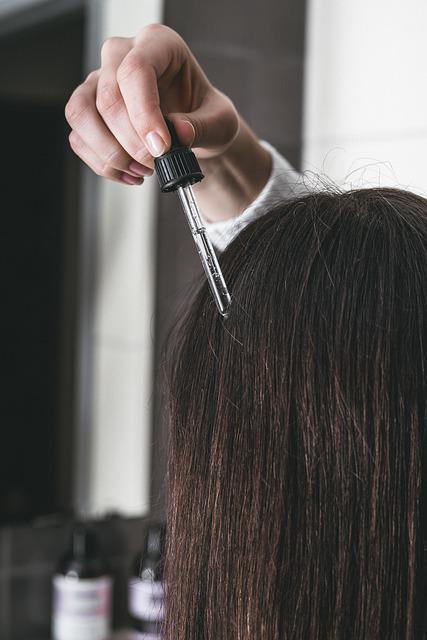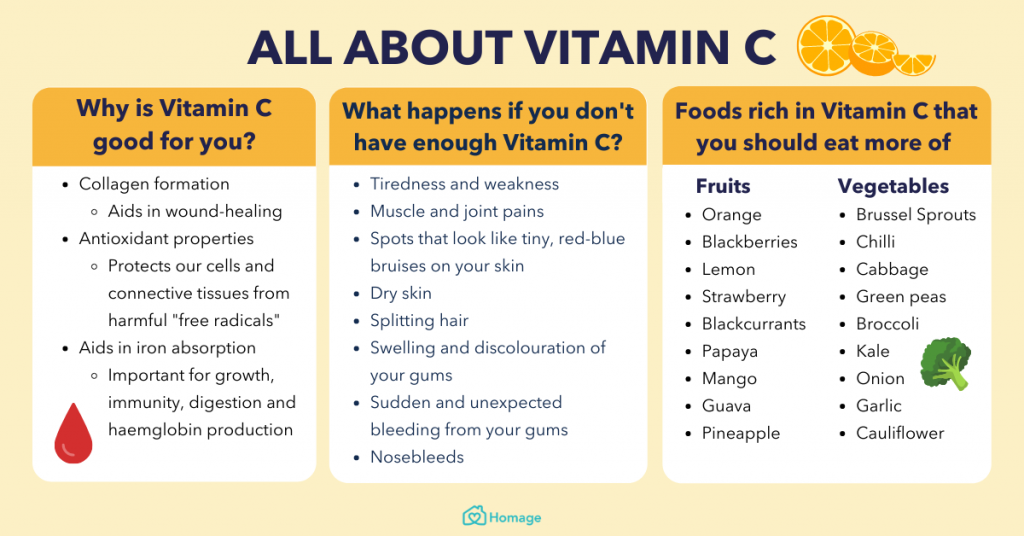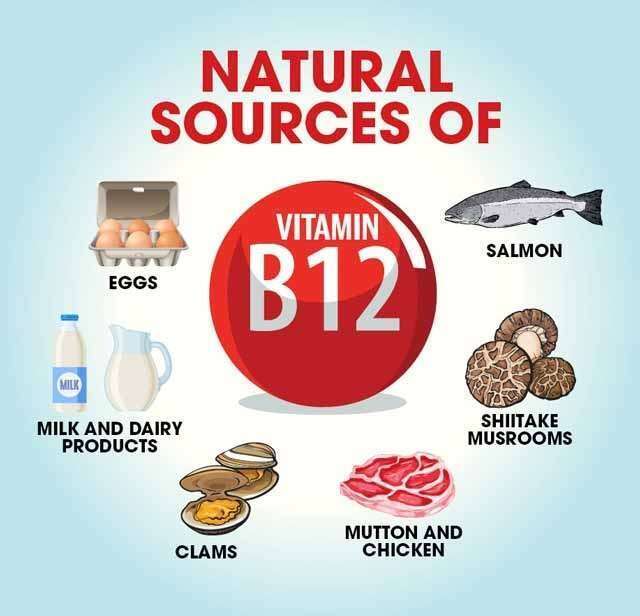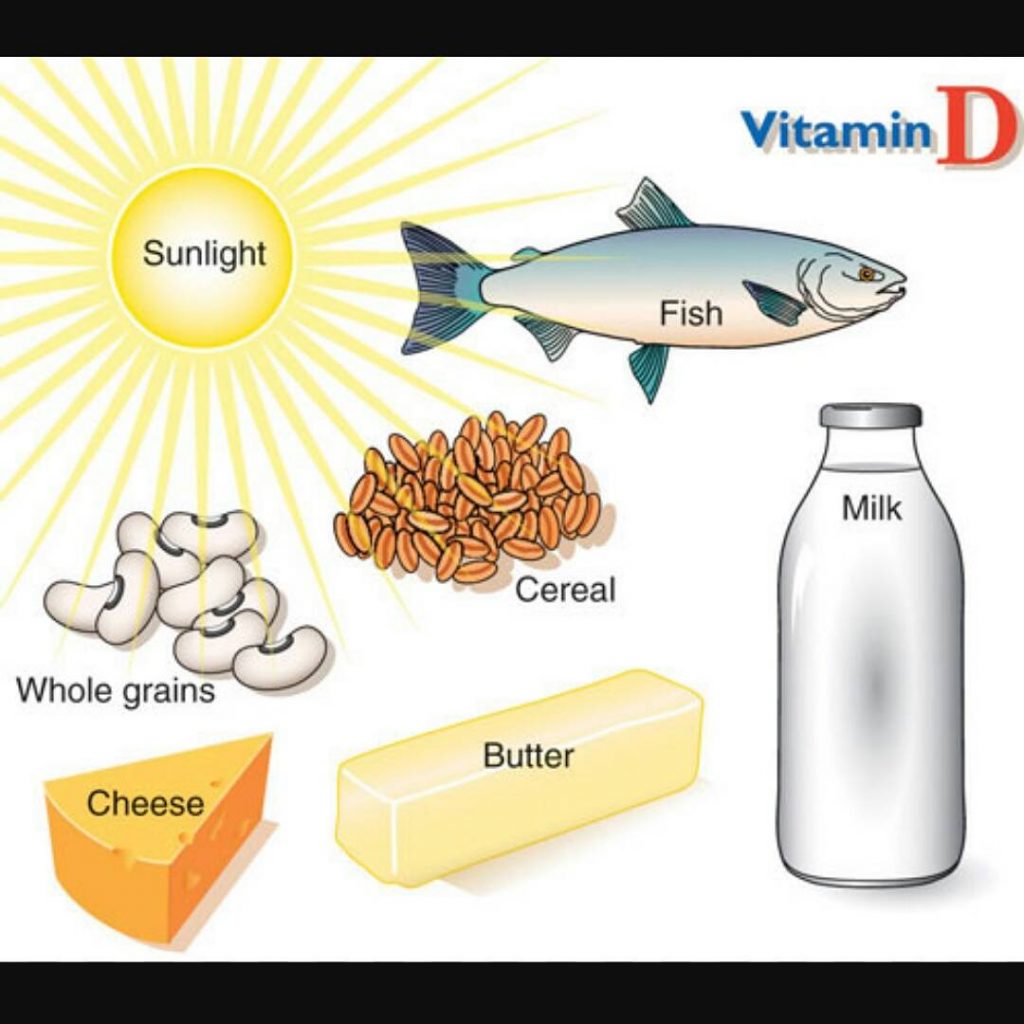Did you know that female hair loss is a more common problem than most people think?
In fact, it is estimated that around 50% of women will experience some form of hair loss during their lifetime.
While there are many different causes of female hair loss, one of the most common is vitamin deficiency.
In this blog post, we will discuss the symptoms and treatment options for female hair loss due to vitamin deficiency.
One in four women will suffer hair loss at some point in their lives

That’s a sobering statistic, and it’s one that we should all be aware of.
Female hair loss is often caused by vitamin deficiency. This can be due to a number of reasons, such as poor diet, illness, or even stress.
The good news is that female hair loss due to vitamin deficiency is treatable. There are a number of different treatment options available, and in most cases, the hair will grow back once the deficiency has been corrected.
If you think you may be suffering from female hair loss due to vitamin deficiency, it is important to see your doctor for a proper diagnosis.
They will likely recommend blood tests to check for deficiencies, and they may also recommend supplements or changes to your diet.
In some cases, female hair loss due to vitamin deficiency can be a sign of a more serious underlying condition.
Therefore, it is important to get a proper diagnosis from your doctor to rule out any other potential causes.
Once the cause of your hair loss has been determined, you can discuss treatment options with your doctor.
In most cases, female hair loss due to vitamin deficiency is treated with supplements or changes to your diet. However, in some cases, more aggressive treatment may be necessary.
Iron deficiency and hair loss

One of the most common causes of female hair loss is iron deficiency.
Iron is necessary for the production of hemoglobin, which carries oxygen to your cells.
Without enough iron, your cells can’t get the oxygen they need, and this can lead to hair loss.
Iron deficiency is often caused by blood loss, such as heavy menstrual periods or childbirth. It can also be caused by a diet that is low in iron-rich foods, such as leafy green vegetables, lean meats, and fortified cereals.
If you think you may be iron deficient, it is important to see your doctor for a blood test. If your iron levels are low, they will likely recommend supplements or changes to your diet.
Biotin

Biotin is a water-soluble vitamin that is found in many foods, including eggs, nuts, and legumes.
It is also available as a supplement. Biotin deficiency is rare, but it can lead to hair loss.
Symptoms of biotin deficiency include dry skin, brittle nails, and hair loss. If you think you may be deficient in biotin, it is important to see your doctor for a blood test.
Vitamin C

Vitamin C is an important vitamin for overall health, and it is also necessary for the production of collagen.
Collagen is a protein that helps to keep your skin and hair healthy.
A diet that is low in vitamin C can lead to hair loss. Vitamin C deficiency is also common in smokers, as smoking decreases the body’s ability to absorb this vitamin.
If you think you may be deficient in vitamin C, it is important to see your doctor for a blood test. They may recommend vitamin C supplements or changes to your diet.
Selenium
Selenium is a mineral that is found in many foods, including Brazil nuts, tuna, and eggs.
It is also available as a supplement. Selenium deficiency is rare, but it can lead to hair loss.
Symptoms of selenium deficiency include fatigue, muscle weakness, and hair loss. If you think you may be deficient in selenium, it is important to see your doctor for a blood test.
Zinc
Zinc is a mineral that is found in many foods, including oysters, beef, and pumpkin seeds.
It is also available as a supplement. Zinc deficiency is rare, but it can lead to hair loss.
Symptoms of zinc deficiency include dry skin, slow wound healing, and hair loss. If you think you may be deficient in zinc, it is important to see your doctor for a blood test. They may recommend supplements or changes to your diet.
Vitamin B12

Vitamin B12 is found in many foods, including beef, chicken, and eggs.
It is also available as a supplement. Vitamin B12 deficiency is rare, but it can lead to hair loss.
Symptoms of vitamin B12 deficiency include fatigue, weakness, and hair loss. If you think you may be deficient in vitamin B12, it is important to see your doctor for a blood test. They may recommend supplements or changes to your diet.
Female hair loss due to vitamin deficiencies can have serious consequences if left untreated. Therefore, it is important to see your doctor for a proper diagnosis and treatment plan. With the right treatment, female hair loss due to vitamin deficiencies can be reversed.
Vitamin D

Vitamin D is a vitamin that is found in many foods, including fatty fish, eggs, and fortified milk.
It is also available as a supplement. Vitamin D deficiency is common, but it can lead to hair loss.
Symptoms of vitamin D deficiency include fatigue, muscle weakness, and hair loss. If you think you may be deficient in vitamin D, it is important to see your doctor for a blood test. They may recommend supplements or changes to your diet.
Folic acid
Folic acid is a water-soluble vitamin that is found in many foods, including leafy green vegetables, legumes, and fortified cereals.
It is also available as a supplement. Folic acid deficiency is rare, but it can lead to hair loss.
Symptoms of folic acid deficiency include fatigue, mouth ulcers, and hair loss.
Essential fatty acids
Essential fatty acids are found in many foods, including fish, nuts, and seeds.
They are also available as supplements. Essential fatty acid deficiency is rare, but it can lead to hair loss.
Symptoms of essential fatty acid deficiency include dry skin, brittle nails, and hair loss. If you think you may be deficient in essential fatty acids, it is important to see your doctor for a blood test. They may recommend supplements or changes to your diet.
Treatment
There are many ways to treat woman hair loss but a few of them is by changing your diet, taking supplements, and/or using topical treatments.
A healthy diet is important for many reasons, including maintaining the health of your skin and hair. Eating a diet that is rich in vitamins and minerals can help to prevent hair loss.
Supplements can also be helpful in preventing or treating hair loss. If you are deficient in a certain vitamin or mineral, taking a supplement can help to correct the deficiency and improve the health of your hair.
There are also many topical treatments available for female hair loss. These treatments can help to stimulate new hair growth or protect the existing hair from further damage.
Supplements
There are many different supplements that can be helpful in preventing or treating female hair loss.
Some of the most common and effective supplements include:
- biotin
- iron
- zinc
- vitamin B12
- vitamin D
If you are deficient in a certain vitamin or mineral, taking a supplement can help to correct the deficiency and improve the health of your hair.
Home Remedies
There are also many home remedies that can be effective in treating female hair loss.
Some of the most common and effective home remedies include aloe vera, green tea, rosemary, and castor oil.
These home remedies can help to stimulate new hair growth or protect the existing hair from further damage.
When to See a Doctor
If you are experiencing any type of hair loss, it is important to see your doctor for a proper diagnosis and treatment plan.
Female hair loss due to vitamin deficiencies can have serious consequences if left untreated.
Therefore, it is important to see your doctor for a proper diagnosis and treatment plan. With the right treatment, female hair loss due to vitamin deficiencies can be reversed.
Foods Rich
There are many foods that are rich in vitamins and minerals.
Some of the best foods for hair loss include:
- Salmon: Rich in omega-three fatty acids, protein, and biotin.
- Spinach: Rich in vitamins A, C, and E.
- Walnuts: Rich in omega-three fatty acids and zinc.
- Eggs: Rich in protein and biotin.
- Fortified milk: Rich in vitamin D.
Making dietary changes is one of the best ways to prevent or treat female hair loss due to vitamin deficiencies.
If you are deficient in a certain vitamin or mineral, eating foods that are rich in that nutrient can help to correct the deficiency and improve the health of your hair.
Wrap Up
Female hair loss due to vitamin deficiencies is a common problem.
There are many different vitamins and minerals that can be deficient in women, which can lead to hair loss.
Making dietary changes, taking supplements, and using topical treatments can all be effective in treating female hair loss due to vitamin deficiencies.
If you are experiencing any type of hair loss, it is important to see your doctor for a proper diagnosis and treatment plan.
With the right treatment, female hair loss due to vitamin deficiencies can be reversed.


